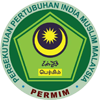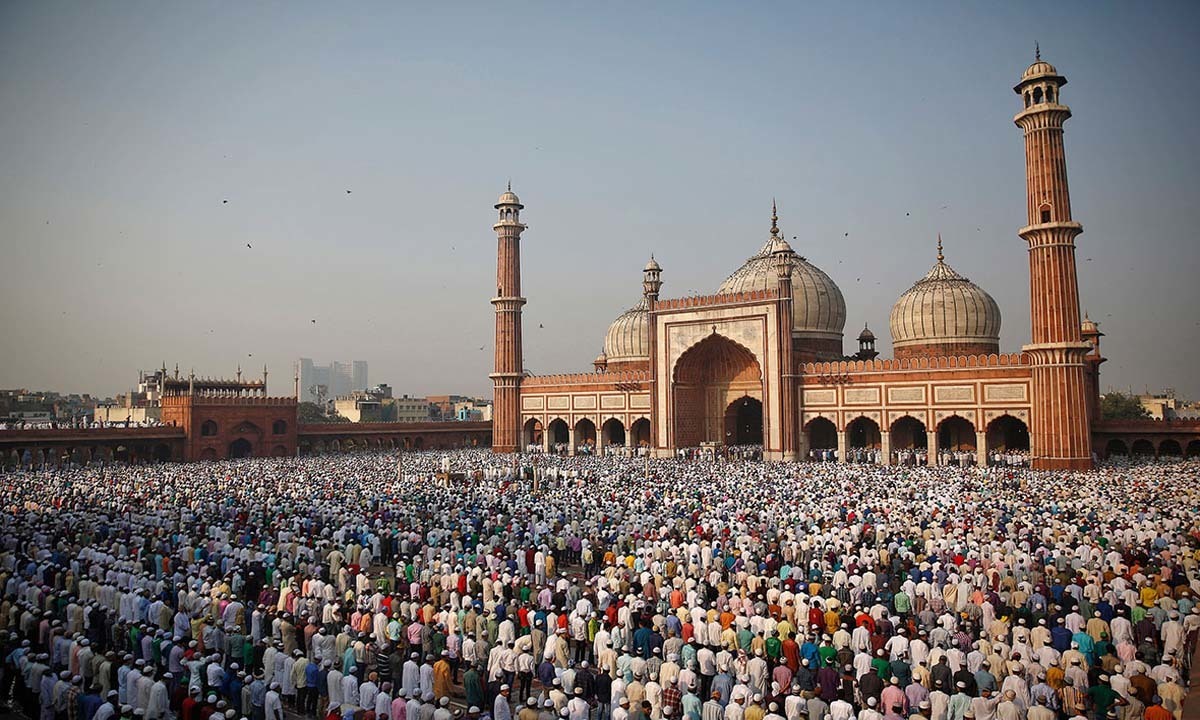Western personalities are aware of the greatness of the Muslim ummah. In his book The Making of Humanity, Robert Briffault praised the Muslims by saying, ‘Spain and not Italy, was the cradle of the rebirth of Europe. After sinking lower and lower into barbarism, it had reached the darkest depths of ignorance and degradation whereas the cities of the Saracens – Baghdad, Cairo, Cordova, Toledo, were growing centres of civilization and intellectual activity. It was there that the new life arose which has to grow into a new phase of human evolution. From the time when the influence of their culture made itself felt, began the stirrings of new life.”
This opinion was supported by Philip K. Hitti. In The Hisotry of the Arabs, he said, “Moslem Spain wrote one of the brightest of chapters in the intellectual history of medieval Europe. Between the middle of the 8th and the beginning of the 13th centuries, as we have noted before, the Arab speaking peoples were the main bearers of the torch of culture and civilization throughout the world. Moreover, they were the medium through which ancient science and philosophy were recovered, supplemented and transmitted in such a way as to make possible the renaissance of western Europe. In all this, Arabic Spain had a large share.”
The success of the early Muslims was due, amongst other things, to their way of thinking. This was mentioned by Muhammad Marmaduke Pickthall in his Islamic Culture, “The Muslims set out on their search for learning in the name of God at a time when Christians were destroying all the learning of the ancients in the name of Christ. They (the Christians – ed) had destroyed the Library of Alexandria, they had murdered many philosophers, including the beautiful Hypatia. Learning was for them a devil’s snare beloved of the pagans. They had no injunction to ‘seek knowledge even though it were in China.”
Yes, Muslims had really changed the world. Their outstanding culture and way of life became a model to mankind. This was explained by Robert Brittfault in The Making of Humanity. He said, “The ideals of freedom for all human beings, of human brotherhood, of the equality of men before the law of democratic government, by consultation and universal suffrage, the ideals and inspired the French Revolution and Declaration of Rights, that guided the framing of the American constitution and inflamed the struggle for independence in the Latin-American countries were not inventions of the West. They find their ultimate inspiration and source in the Holy Quran. They are the quintessence of what the intelligentsia of medieval Europe required from Islam over a period of centuries, through the various societies that developed in Europe in the wake of the Crusades, in imitation of the brotherhood associations of Islam. It is highly probable that but for the Arabs, modern European civilisation would never have arisen at all…. ”
The world, especially the West, is indebted to the Muslims because without their contributions, the world as we know it, with all its advancements and developments, would not have come to pass. In the world of business, this matter was acknowledged by Carleton S. (Carly) Fiorina, the former CEO of Hewlet-Packard Company, in her speech Technology Business and Our Way of Life: What’s Next. which she delivered on 26th Septemeber 2001, in Minneapolis, Minnesota; She said, “There was once a civilization that was the greatest in the world. It was able to create a continental super-state that stretched from ocean to ocean, and from northern climes to tropics and deserts. Within its dominion lived hundreds of millions of people, of different creeds and ethnic origins. One of its languages became the universal language of much of the world, the bridge between the peoples of a hundred lands. Its armies were made up of people of many nationalities, and its military protection allowed a degree of peace and prosperity that had never been known. The reach of this civilization’s commerce extended from Latin America to China, and everywhere in between. And this civilization was driven more than anything, by invention. Its architects designed buildings that defied gravity.”
She continued, “Its mathematicians created the algebra and algorithms that would enable the building of computers, and the creation of encryption. Its doctors examined the human body, and found new cures for disease. Its astronomers looked into the heavens, named the stars, and paved the way for space travel and exploration. Its writers created thousands of stories. Stories of courage, romance and magic. Its poets wrote of love, when others before them were too steeped in fear to think of such things. When other nations were afraid of ideas, this civilization thrived on them, and kept them alive. When censors threatened to wipe out knowledge from past civilizations, this civilization kept the knowledge alive, and passed it on to others. While modern Western civilization shares many of these traits, the civilization shares many of these traits, the civilization I’m talking about was the Islamic world from the year 800 to 1600, which included the Ottoman Empire and the courts of Baghdad, Damascus and Cairo, and enlightened rulers like Suleiman the Magnificient. Although we are often unaware of our indebtedness to this other civilization, its gifts are very much a part of our heritage. The technology industry would not exist without the contributions of Arab mathematicians. Sufi poet-philosophers like Rumi challenged our notions of self and truth. Leaders like Suleiman contributed to our notions of tolerance and civic leadership … ”
– Extracted From 7 Formulas of Excellence Individuals by Dr. Danial Zainal Abidin

